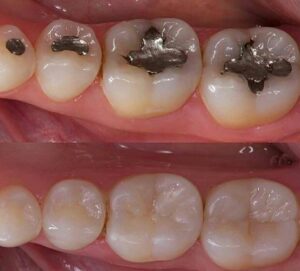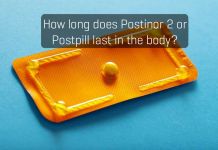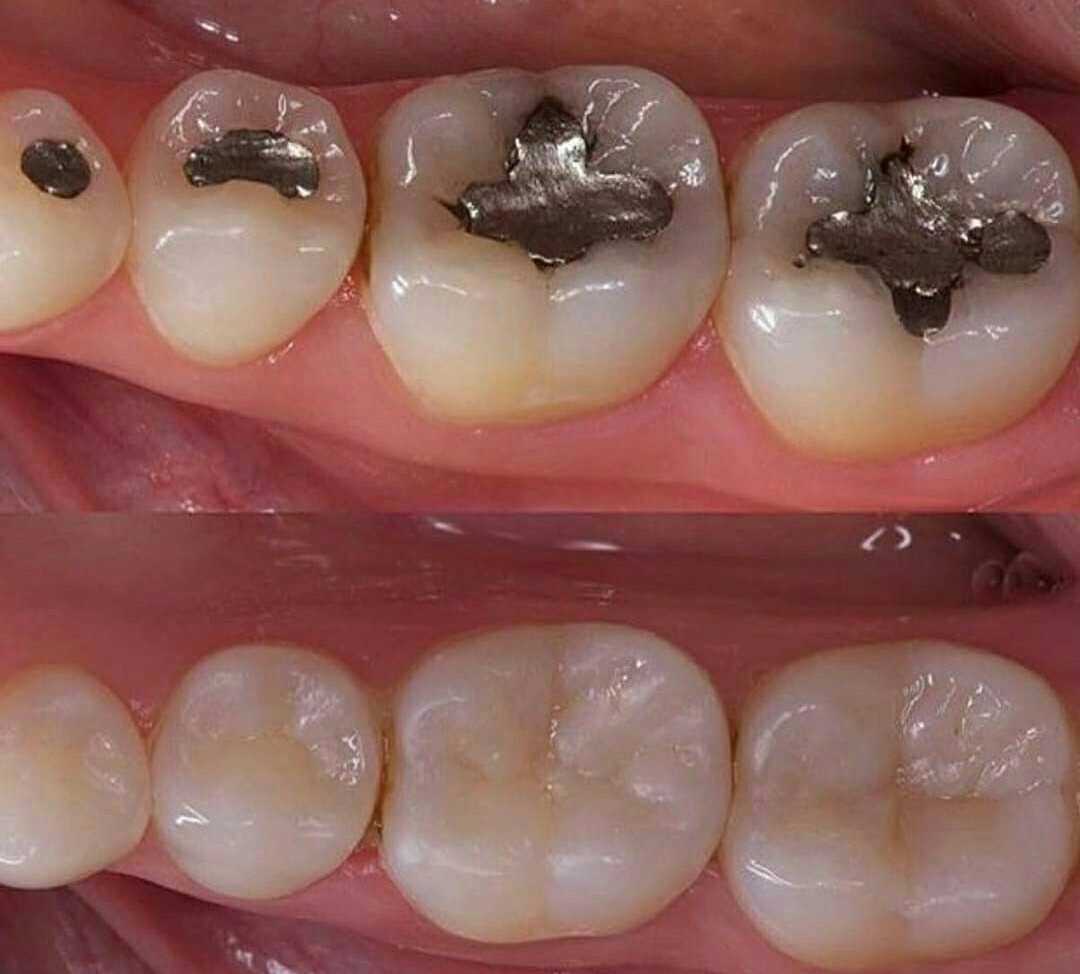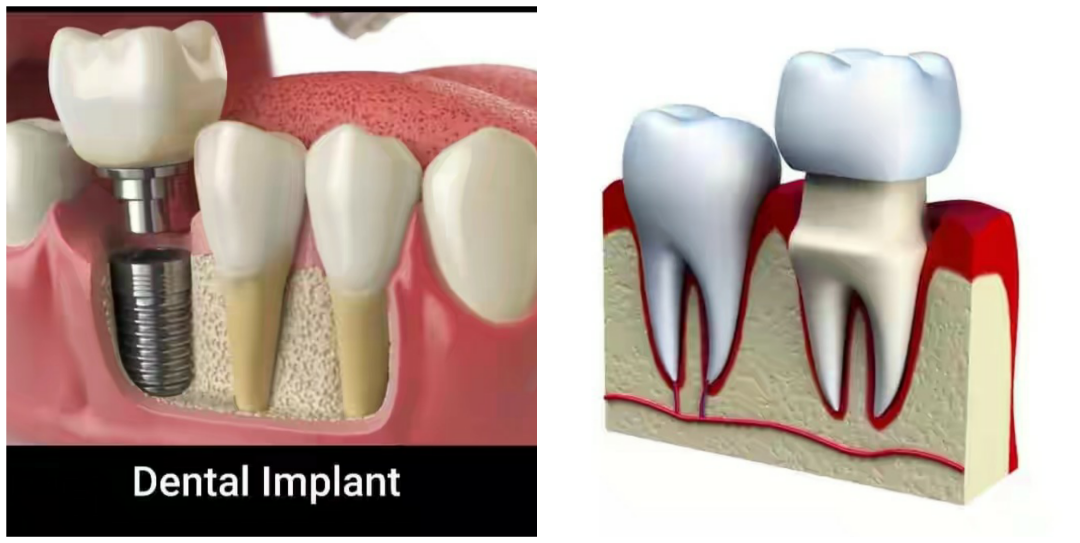How much does tooth filling cost in Nigeria? (+ Procedures), understanding dental filling cost in Nigeria
What you need to know about Tooth Fillings
When one’s tooth is decayed, a dental extraction is not the only solution, as many would erroneously believe. It is now something of a myth that when one has a hole or crack in the tooth and she or she visits a dentist, it is as good as having that tooth removed, which, overtime, has turned out to be as wrong an assertion as any.

A filling is a way to restore a tooth damaged by decay back to its normal function and shape. It is done after the tooth has been assessed by your dentist and he or she sees the need to have the cavity(hole) filled.
First, the teeth surfaces are assessed using a mouth mirror and a dental probe(or explorer). Depending on the extent of the damage on the affected tooth or teeth, he or she may decide to restore the cavity with a filling. Prior to placing a filling, the decayed tooth material is removed and the affected area is cleaned, then restored with a filling material.
By closing off spaces where bacteria can be able to penetrate, a filling also helps prevent further decay.
What are the different types of filling materials?
Materials used for fillings include porcelain, a composite resin (tooth-colored fillings), gold, amalgam (an alloy of metals which include mercury, silver, copper and tin).
The choice of filling materials is dependent on different factors like:
a) The extent of repair necessary.
b) The budget of the patient.
c) History of allergy to certain filling materials.
d) Type of tooth requiring filling(e.g amalgam is used for posterior teeth because of its poor aesthetics).
Amalgam (silver) fillings are resistant to wear and relatively inexpensive. However, due to their dark color, they are more noticeable than porcelain or composite restorations and are not usually used in very visible areas, such as front teeth.
Resins e.g GIC, Composite are tooth coloured and therefore used where aesthetics is of essence, for instance in anterior teeth(incisors and canines). The ingredients are mixed and placed directly into the cavity, where they harden(in some instances with a Curing Lamp). Some resins like Composites may not be the ideal material for large fillings as they may chip or wear over time.
They can also become stained from coffee, tea or tobacco, and do not last as long as other types of fillings.
Porcelain fillings are called inlays or onlays. They are fabricated in a lab and then bonded to the tooth in the dental clinic. They can be matched to the color of the tooth and resist staining. A porcelain restoration generally covers most of the tooth. Their cost is similar to gold.
A tooth filling cannot be done when:
a) there is an extensive decay in a tooth beyond the hard substance(enamel and dentin) into the pulp.
b) a tooth undergoes heavy or abnormal occlusal stress.
c) a tooth is mobile.
d) there are heavy deposits(plaque and calculus) on the tooth surface.
Also, if decay or a fracture has damaged a large portion of the tooth, a crown, or cap, may be required. Decay that has reached the nerve may be treated in two ways: through root canal therapy (in which nerve damaged is removed) or through a procedure called pulp capping/temporary dressing (which attempts to keep the nerve alive).
When the dental filling procedure is complete, it is important for the dentist to spend some time with the patient to discuss how decay can be prevented from forming underneath or near the filling. These methods will also be useful in preventing decay in other teeth.
Patients should be advised to follow good oral care practices, such as brushing their teeth with fluoride toothpaste twice daily, flossing, and using an interdental cleaner daily. Fluoride mouth rinses can also be beneficial for patients with a high risk of further decay.
Follow-up appointments are sometimes required to check the progress of the tooth with the filling and for regular professional cleanings.
How much does tooth filling cost in Nigeria?
The average cost of tooth filling in Nigeria varies across different clinics and it depends on the type of clinic. In private dental clinics, it may cost between N15,000 and N45,000 while in government-owned hospitals, its range is between N5,000 and N20,000. The price of tooth filling in cities like Lagos, Port Harcourt, Enugu, Warri and Abuja may be as high as #60,000 Naira.
Ofonghor Omon (Dental Surgeon)
























